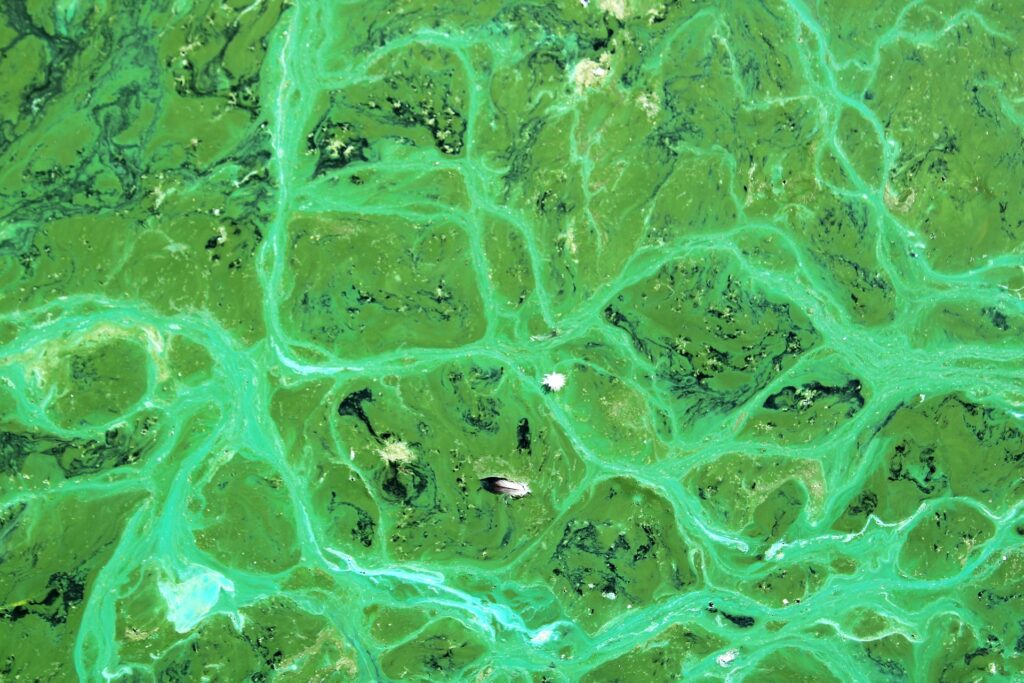Here at the CSSM we are super excited with the representation we will have at the upcoming EASST-4S conference in Amsterdam between the 16th and the 19th of July, 2024. The joint conference between EASST and 4S is the biggest gathering of Science & Technology Studies researchers in the world and thus one of the main venues to find out about and discuss the latest research about the social study of microbes.
Find below all of the panels that CSSM members are convening and consider sending a presentation proposal if the topic resonates with you. The Call for Abstracts is open until the 12th of February. Do not doubt to get in touch with any of us if you have questions!
Title: Marine Transformations: Exploring the technoscience behind our changing relationship with the seas
Panel code: P009
Convenors: Sebastian Ureta (Universidad Católica de Chile); Jackie Ashkin (Leiden University); Elis Jones (University of Exeter); Jose A. Cañada (University of Helsinki)
Short abstract: Human actions both imperil and promise to save the oceans. How do technoscientific enterprises contribute to transforming human-ocean relations? This panel invites contributions which explore the more-than-human, technoscientific and ethicopolitical dimensions of knowing and relating to the ocean.
Title: Microbial Methods and Practices for Doing STS Otherwise
Panel code: P110
Convenors: Maya Hey (University of Helsinki); Salla Sariola (University of Helsinki)
Short abstract: What STS methods — including tools and methodological frameworks — can detect, document, and make sense of microbes? What are their affordances and limitations? And how can these social scientific methods expand the ways in which microbes are studied? This panel examines situated methods-in-action.
Title: Knowledge Politics in/through/with Microbes
Panel code: P111
Convenors: Wakana Suzuki (Osaka University); Shiho Satsuka (University of Toronto); Maya Hey (University of Helsinki)
Short abstract: This panel engages with the knowledge politics inherent to microbial phenomena, asking questions such as who has the authority to make claims about microbes and how do different microbial knowledges get negotiated? This panel aims to disentangle knowledge politics in/through/with microbes.
Title: Microbial encounters at the edge: Exploring transformative microbe-environment-human relations
Panel code: P148
Convenors: Alicia Ng (University of Helsinki); Paula Palanco Lopez (University of Oulu)
Short abstract: This panel focuses on microbial worlds in naturecultural, Anthropocenic natural environments beyond human bodies, imagination, and control in order to explore microbial processes and interactions, to follow their entanglements, transformative potential, and points of tension.
Title: Engaging with the mobile world: humans, animals, microbes, risks and care
Panel code: P184
Convenors: Alena Kamenshchikova (Maastricht University); Andrea Butcher (University of Helsinki); Catherine Will (University of Sussex)
Short abstract: The movements of humans and non-humans across the world become seen as risky or desirable depending on what, who, how and when is crossing the borders. This panel engages with these diverse mobilities and reflects upon the complex intersections of health, security and care in a mobile world.
Title: Rethinking the ‘harm’ in harm reduction movements of drugs and health
Panel code: P260
Convenors: Nancy Campbell (Rensselaer Polytechnic Institute); Kari Lancaster (University of New South Wales)
Short abstract: We invite papers that rethink the knowledges and discourses of social movements for ‘harm reduction’ in the area of drugs and health. In the face of decolonial imperatives to move away from “damage-centred” narratives, do we – in effect – do harm when we make ‘harm’ central to our narratives?
Title: Planetary Health in the Anthropocene: Transdisciplinary practices towards decolonial climate futures
Panel code: P303
Convenors: Kaajal Modi (University of York); Maro Pebo (Waag Futurelab)
Short abstract: Planetary health is a transdisciplinary framework that intertwines human and ecological health. The panel aims to bring together artists, activists, and researchers employing experimental and embodied approaches to collaboratively explore imaginaries of ecology in relation to wellness and disease.


